Constable, Study of Cirrus Clouds, 1822
I have come to understand that although place-words are being lost, they are also being created. Nature is dynamic, and so is language. Loanwords from Chinese, Urdu, Korean, Portuguese and Yiddish are right now being used to describe the landscapes of Britain and Ireland; portmanteaus and neologisms are constantly in manufacture. As I travelled I met new words as well as salvaging old ones: a painter in the Hebrides who used landskein to refer to the braid of blue horizon lines in hill country on a hazy day; a five-year-old girl who concoted honeyfur to describe the soft seeds of grasses held in the fingers. When Clare and Hopkins could not find words for natural phenomena, they just made them up; sutering for the cranky action of a rising heron (Clare), wolfsnow for a dangerous sea-blizzard, and slogger for the sucking sound made by waves against a ship’s side (both Hopkins). John Constable invented the verb to sky, meaning "to lie on one’s back and study the clouds." We have forgotten 10,000 words for our landscapes, but we will make 10,000 more, given time.
I have come to understand that although place-words are being lost, they are also being created. Nature is dynamic, and so is language. Loanwords from Chinese, Urdu, Korean, Portuguese and Yiddish are right now being used to describe the landscapes of Britain and Ireland; portmanteaus and neologisms are constantly in manufacture. As I travelled I met new words as well as salvaging old ones: a painter in the Hebrides who used landskein to refer to the braid of blue horizon lines in hill country on a hazy day; a five-year-old girl who concoted honeyfur to describe the soft seeds of grasses held in the fingers. When Clare and Hopkins could not find words for natural phenomena, they just made them up; sutering for the cranky action of a rising heron (Clare), wolfsnow for a dangerous sea-blizzard, and slogger for the sucking sound made by waves against a ship’s side (both Hopkins). John Constable invented the verb to sky, meaning "to lie on one’s back and study the clouds." We have forgotten 10,000 words for our landscapes, but we will make 10,000 more, given time.
Robert Macfarlane, from Landmarks


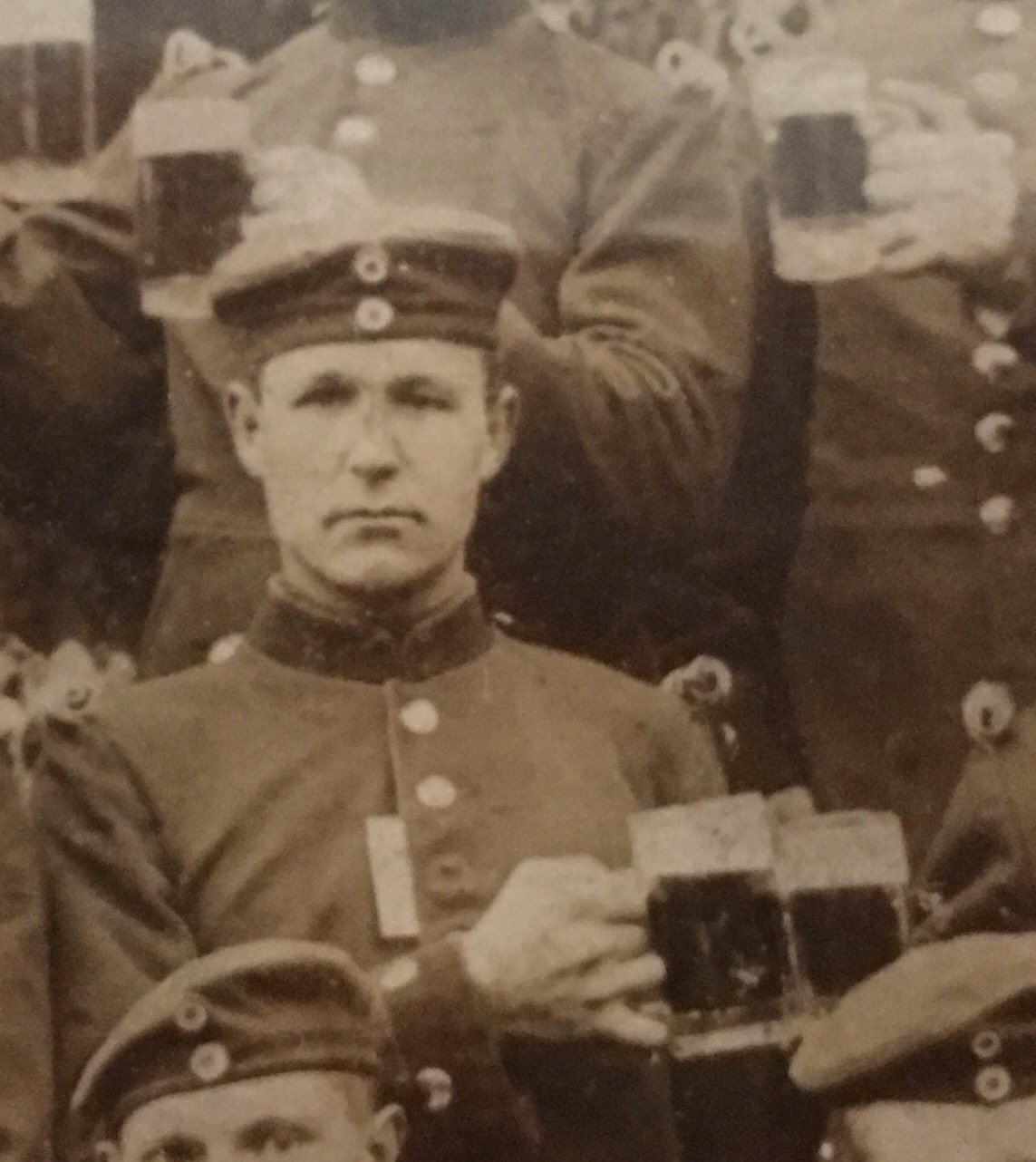







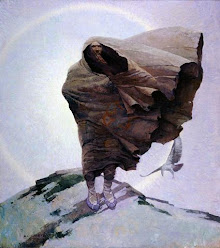













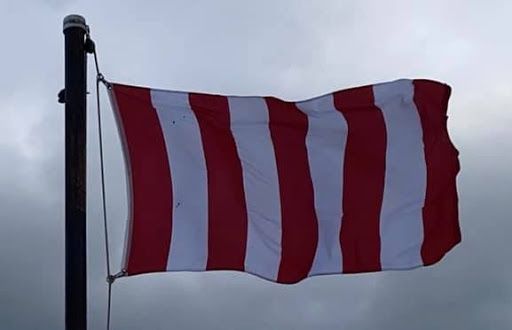
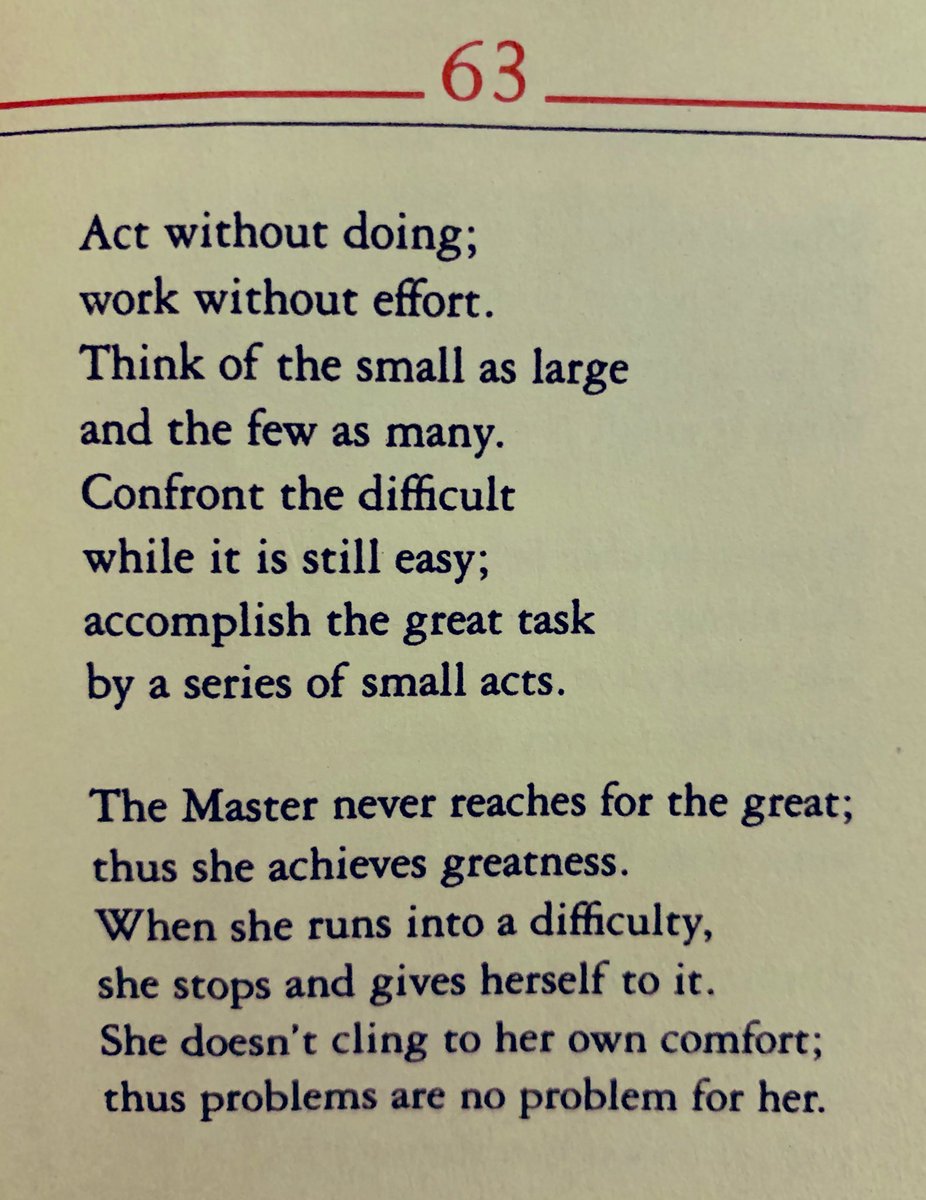









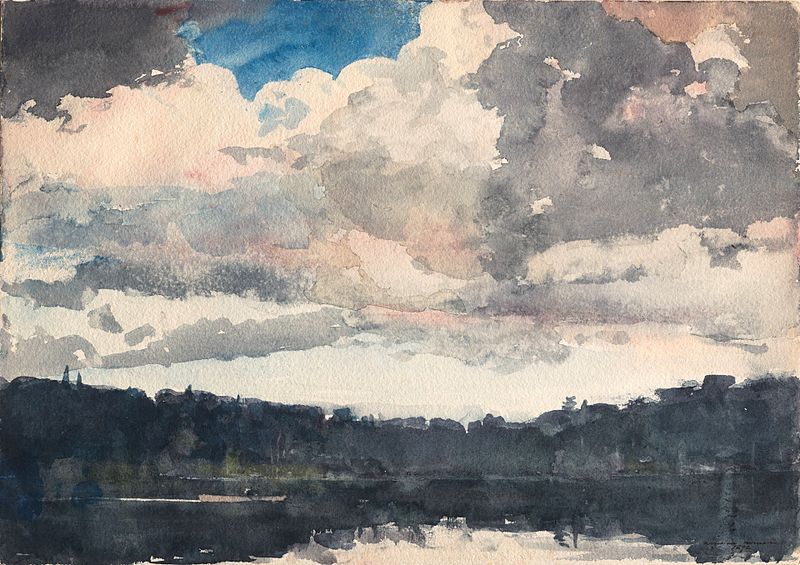





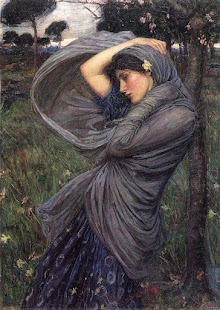












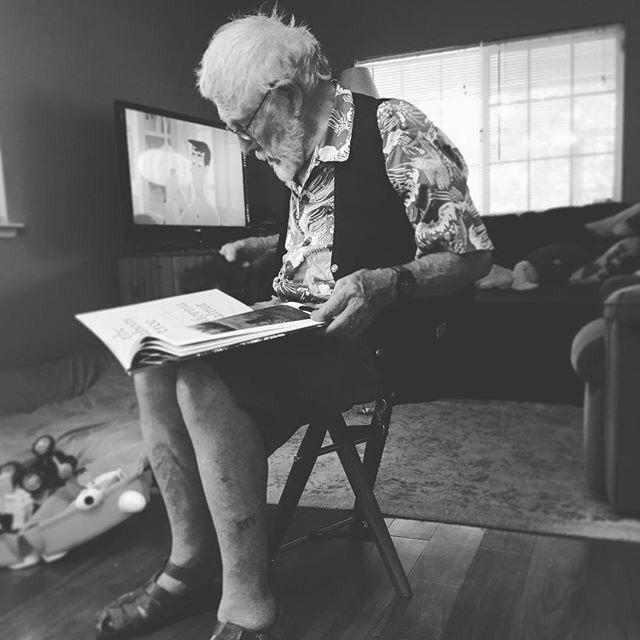

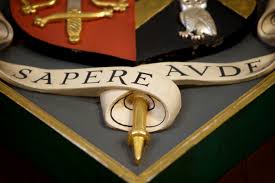


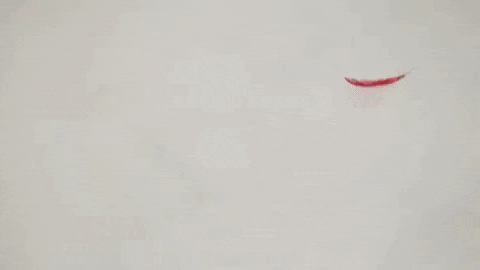



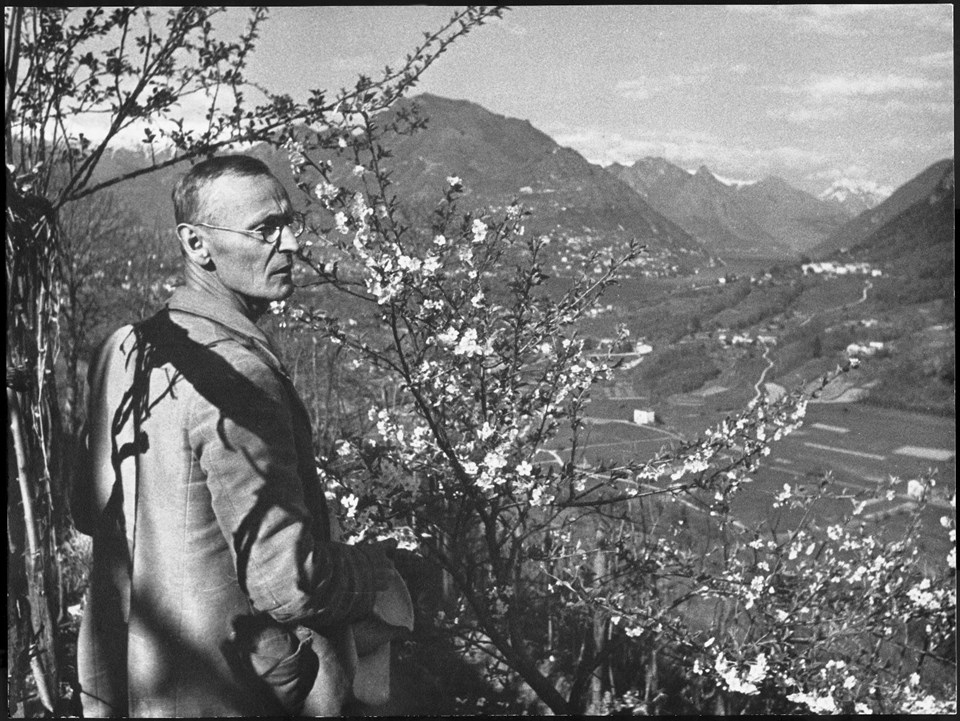


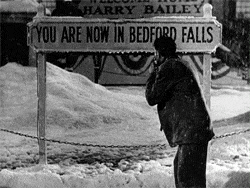







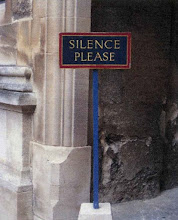









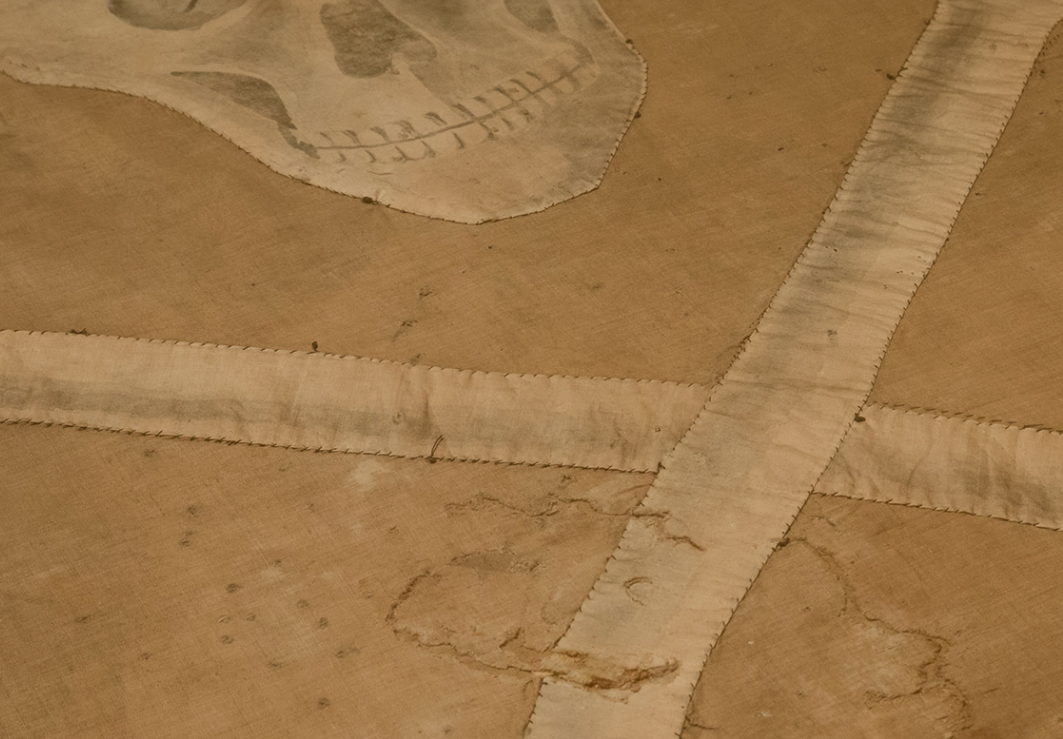

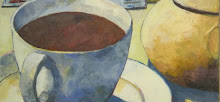
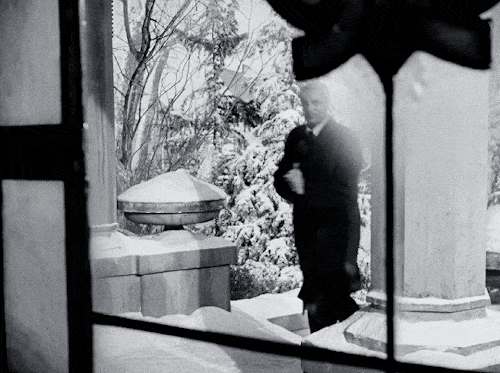


















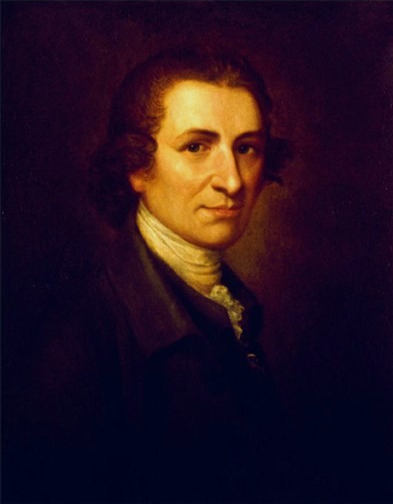


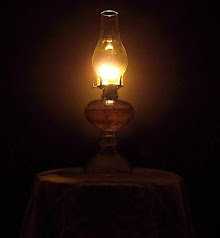







No comments:
Post a Comment